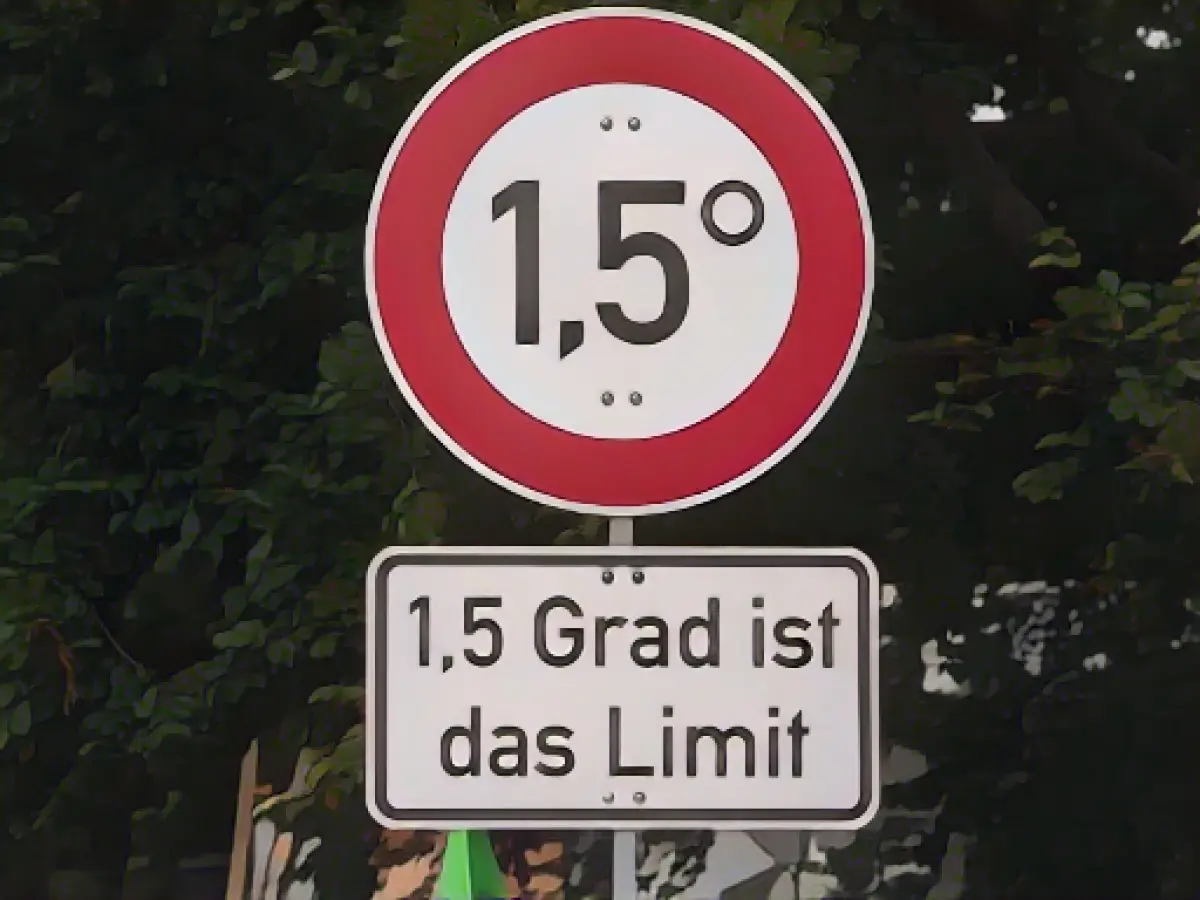Dark forecast for 1.5-degree target
Climate researcher Ottmar Edenhofer expects that the global average temperature will probably exceed the 1.5 degree limit of the Paris Agreement for decades.
"We will have to accept that there will be a temperature overshoot for several decades," said the Director of the Potsdam Institute for Climate Impact Research in the Deutschlandfunk "Interview of the Week", which will be broadcast on Sunday. With luck, it could work out "that we bend this temperature curve back to 1.5 degrees towards the end of the century".
The international community has agreed the 1.5 degree target in order to avoid exceeding dangerous tipping points with irreversible consequences and to avert the most catastrophic consequences of climate change. The aim is to limit global warming to 1.5 degrees above pre-industrial levels if possible. According to the Intergovernmental Panel on Climate Change (IPCC), the earth has already warmed up by around 1.1 degrees compared to pre-industrial times, and in Germany the figure is as high as 1.6 degrees.
"Traffic light coalition forced to set priorities"
A reduction in the average temperature will only succeed "if we can remove CO2 from the atmosphere on a large scale, in other words, if we generate net negative emissions", says Edenhofer.
Wednesday's budget ruling by the Federal Constitutional Court has torn a 60 billion euro hole in the financing of the German government's climate projects. According to Edenhofer, the traffic light coalition is forced to set priorities. "It must therefore either cut spending, reprioritize and restructure spending, or it must resort to tax increases, for example by further raising the price of CO2," said the climate researcher. According to Edenhofer, it is possible that opponents of the CO2 price will reconsider their position after the ruling. This could close part of the funding gap.
The Federal Constitutional Court had ruled that the use of coronavirus loans for climate projects was unconstitutional.
Source: www.dpa.com








